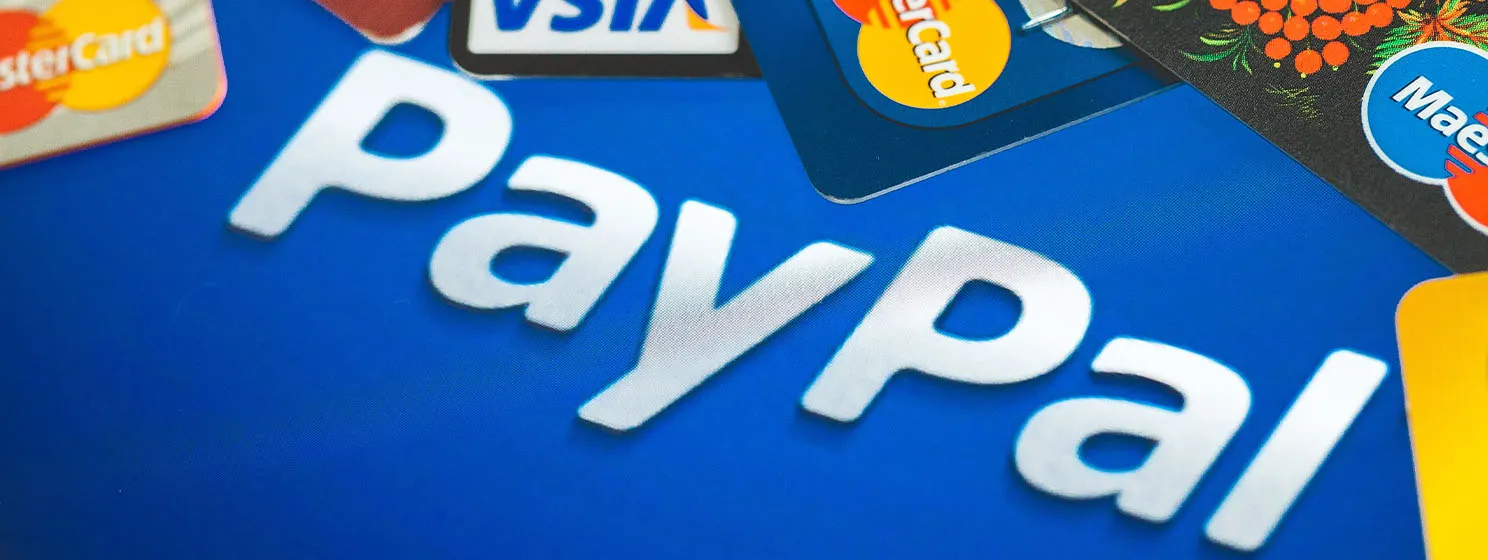|
Getting your Trinity Audio player ready...
|
Digital payments in Africa are expected to hit $1.5 trillion by the end of the decade, a new report by Mastercard (NASDAQ: MA) says.
While Africa remains the most cash-reliant continent globally, its digital payments sector has been growing rapidly over the past decade. According to the study, conducted in partnership with Johannesburg-based Genesis Analytics, the region is slowly phasing out cash for the convenience and security of digital payments.
Mastercard attributed the growth in digital payments to two main drivers: financial inclusion and Internet penetration. With the latter, Africa has recorded massive growth in the past decade, fostered by cheaper Asian smartphones and lower data charges. Experts project a 20% compound annual increase in Internet penetration for the next few years.
Financial inclusion has also greatly improved, boosted by digital financial services, mobile money adoption, and concerted efforts by African governments to make banking services easier to access. The region is projected to record a 6% compound annual growth rate (CAGR) in financial inclusion.
“Africa is filled with immense possibilities, and its people have the potential to shape the global economy in the decades ahead,” commented Dimitrios Dosis, the president for Middle East and North Africa (MENA) at Mastercard.
The report is the latest to illustrate the growth of digital payments in the region. An earlier report by Mastercard revealed
that small and medium enterprises (SMEs) are leading the charge in embracing these new payment methods; in Nigeria, 99% of SMEs accept digital payments, with Kenya and Egypt at 91% and 80%, respectively.
This growth is reflected in the startup sector, where most of the fastest-growing and best-funded startups are focused on digital financial services. Last year, fintech startups raised over $1 billion in venture capital (VC) funding, accounting for half the total amount raised on the continent.
Still, the region is marked by stark contrasts. In some countries like Kenya, digital finance has pushed financial inclusion to 85%, among the highest in the region, with mobile payment network M-Pesa accounting for the bulk of the clientele.
However, in other countries like South Sudan and the Democratic Republic of Congo, inclusion is low, with barely one in five citizens owning a bank account. Low smartphone and Internet penetration have hindered growth, with half-baked initiatives, like Congo’s botched stablecoin, doing little to avail much-needed basic financial services to the people.
In the neighboring Central African Republic, where less than 30% have access to bank accounts, the president has been promoting a memecoin that surged to $1 billion shortly after launch before tanking 97%.71% of Kenyans face digital fraud
With the rise in digital finance has come digital fraud, and according to a new report by Visa (NASDAQ: V), over 70% of Kenyans have encountered online scams, the highest of all surveyed nations. Ivory Coast with 66%, Nigeria with 65%, and Oman with 59%, were among the other scam hotspots, the Stay Secure report found.
The report revealed that most consumers are still susceptible to common tricks used by scammers, including clicking on suspicious links and responding to text messages. In fact, 95% of respondents said they believe their friends or family would fall for these scams.
The older generation (mostly above 45 years old) is widely believed to be more susceptible to scammers. However, Visa found that nine in 10 Gen Zs are likely to click on a scammer’s link, much higher than millennials, Gen X, and boomers, all tied at 85%.
Despite the rise in digital fraud, most respondents said they fully trust digital payments. Seventy-five percent of those previously scammed online held the same level of trust in digital payments as those who have never fallen for the schemes.
“The vast majority of adults (76%) mostly or completely trust digital payments for making transactions, so there is a significant opportunity to deepen that trust and bridge the gap for those who remain skeptical,” Visa noted.
Most of the respondents expect to continue using digital payments over the next 12 months despite the scams. Kenya had the highest share of respondents who intend to use their digital payments at 90%, ahead of Egypt, Oman, and the United Arab Emirates, respectively.

Visa urged all fintech platforms to focus on consumer education as it’s “our best defense against fraud, and industry collaboration makes this possible. As scams grow more sophisticated, the battle for security never stops.”
Watch: Boosting financial inclusion in Africa with BSV blockchain

 08-04-2025
08-04-2025 





